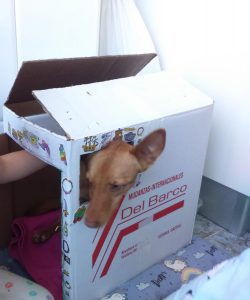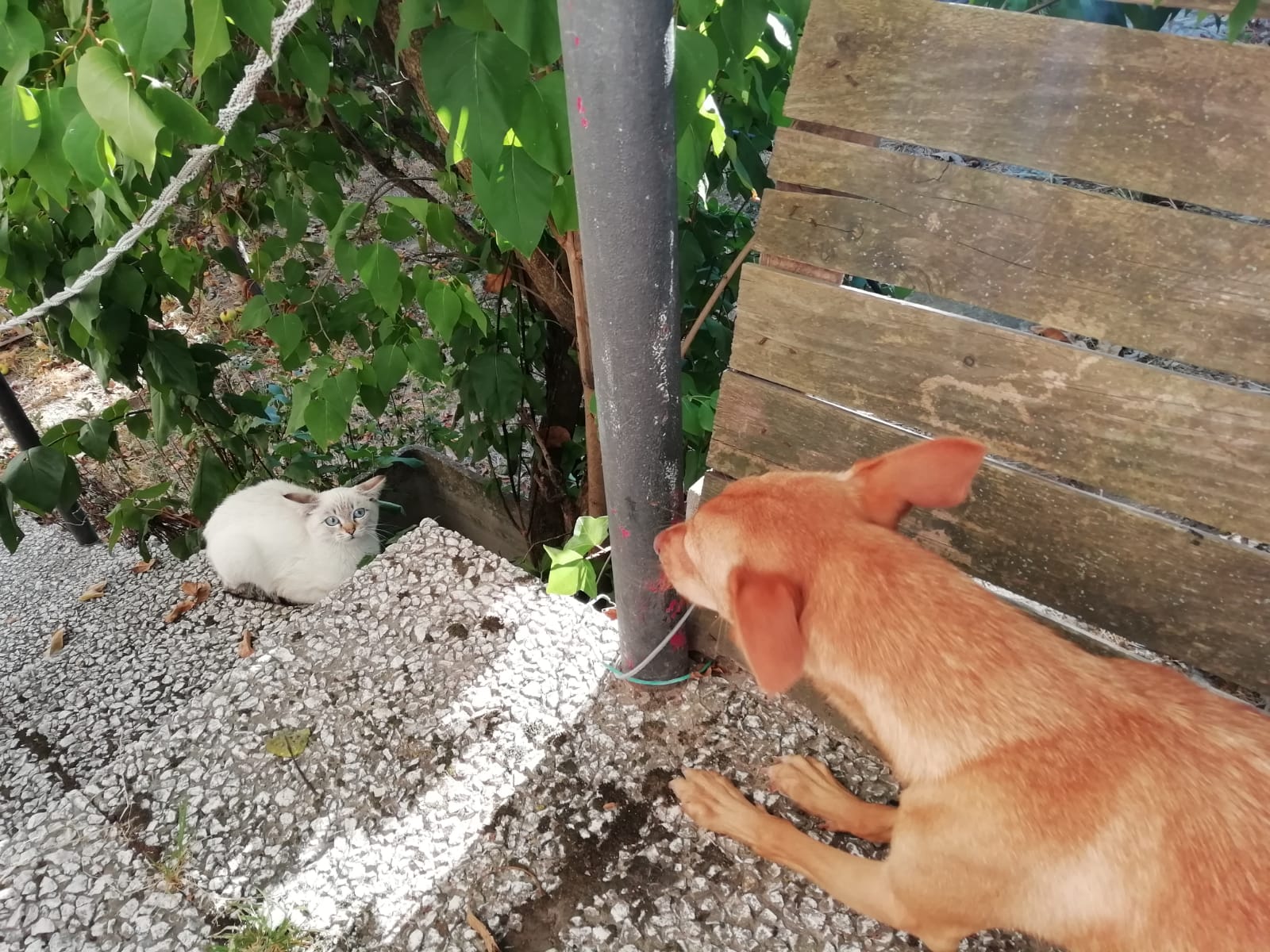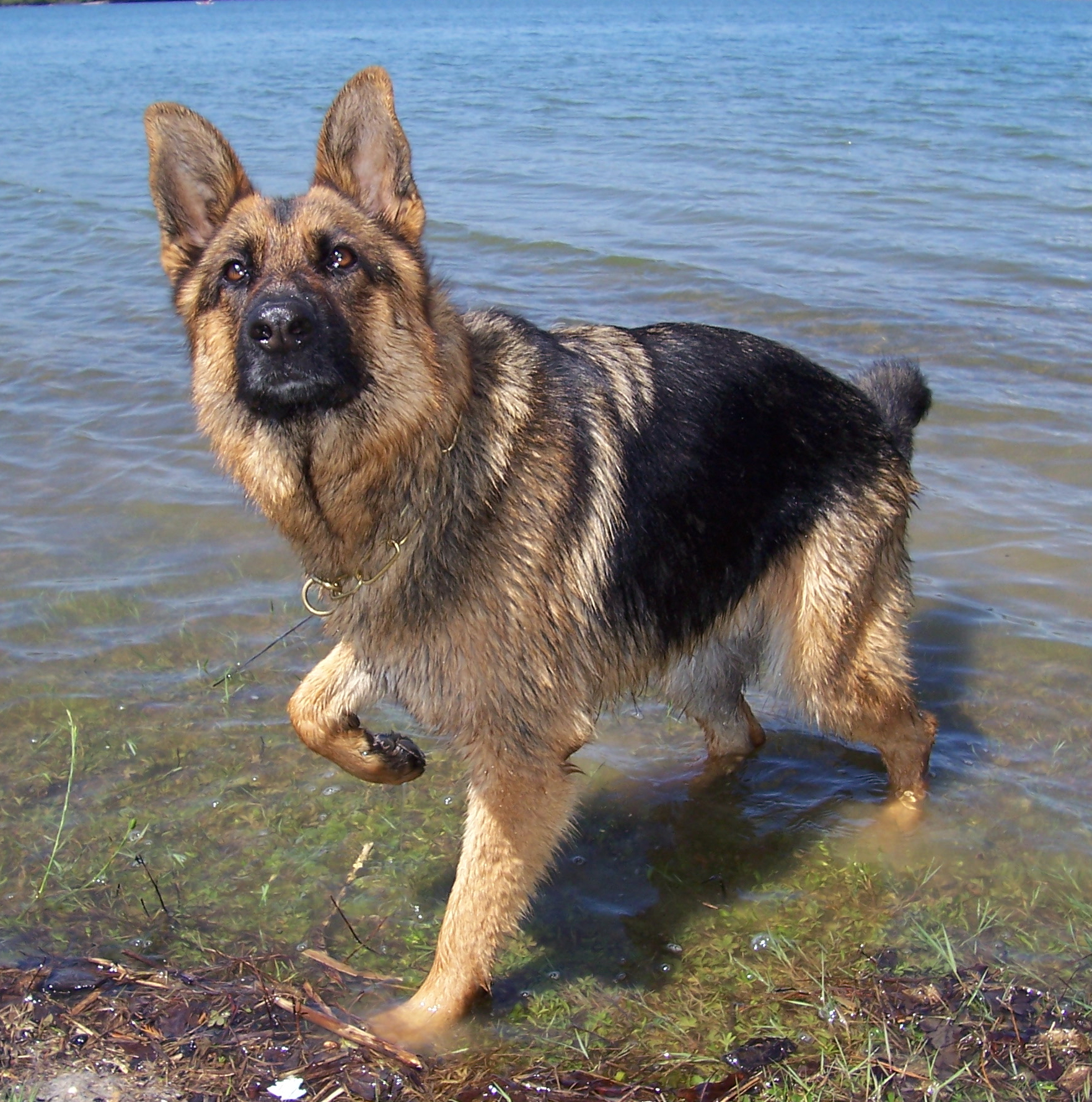Dogs and humans have been part of each other’s lives for time immemorial and that shows in the language. Keep reading for some of these expressions explained.
Dog-eat-dog-world
A highly competitive and ruthless situation in which people will do anything to succeed.
“In the dog-eat-dog world of finance, it came as no surprise that she was downgraded when a younger associate came along.”
Work like a dog
Just like farm dogs work from dusk till dawn, a person who works like a dog works very hard and perhaps not in the best conditions.
“My friend’s been working like a dog for months and is close to burn-out.”
Someone’s bark is worse than his/her bite
Some dogs may be loud and bark but far from being aggressive, they are in fact scared or inviting you to play. The same goes for people. If you say this about a person, it means that they are not really as hostile as they look.
“Don’t be intimidated by the new teacher. I’ve heard that his bark is worse than his bite.”
You can’t teach an old dog new tricks
This old proverb means that it can be challenging to get someone who is set in their ways to do things differently. It often refers to elderly people. But of course, it’s not always true neither for humans nor for dogs.
“They say that you can’t teach old dogs new tricks but it turns out that new cuisine courses for seniors are in high demand.”
Dogsbody
Someone who has to do the menial tasks that other people reject to do.
“I hadn’t expected that my new job would involve being the general dogsbody in the office. I won’t last long here. “
Underdog
A person or group of people at a disadvantage in society because they have less power, money, or status and are barely noticed. This word was originally used to refer to a dog defeated in dogfighting.
“In the American film Motherless Brooklyn, the main character is an unlikely detective, an “underdog” with Tourette’s syndrome and obsessive-compulsive disorder.”
Also, when talking about a competition, the competitor that is not expected to win.
“She can’t help rooting for the underdogs whenever she watches a match.”
In the doghouse

In disgrace. Someone is annoyed with you because you did something wrong.
This phrase has been wrongly associated with the novel Peter Pan by J.M. Barrie because there is a chapter in which the father of the family decides to sleep in the dog kennel as he is feeling remorseful. But far from it, it has in fact got an American origin. It refers to someone being sent out into the cold, to sleep in the doghouse (American word).
“He’s been in the doghouse since he told his wife that he had voted Leave in the Brexit referendum.”
Let sleeping dogs lie
Don’t bring up a contentious subject that was settled or forgotten and is now stable, as it may cause trouble again. After all, some dogs can have unpredictable reactions when woken up suddenly.
“If I were you, I wouldn’t mention your current political activism as it will stir up old feelings and upset your father. Let sleeping dogs lie.”
Raining cats and dogs
And to conclude this two-part blogpost of cats and dogs phrases, I feel obliged to include the very popular with students but also old-fashioned ‘Raining cats and dogs’
This idiom is said to have its origins in the days when the poor drainage system and the abundance of stray cats and dogs led to large numbers of these animals drowning when there were heavy storms. When the storm had subsided and people could come out again, they found the dead animals in the streets and it gave the impression that it had rained cats and dogs.
My advice: use expressions such as it’s pouring down, pouring with rain or it’s bucketing down (m.ore informal) to keep up with the times.
“When we were about to leave, he looked out of the window and said in a joky way: “Golly! It’s raining cats and dogs!”, and we all laughed.”



